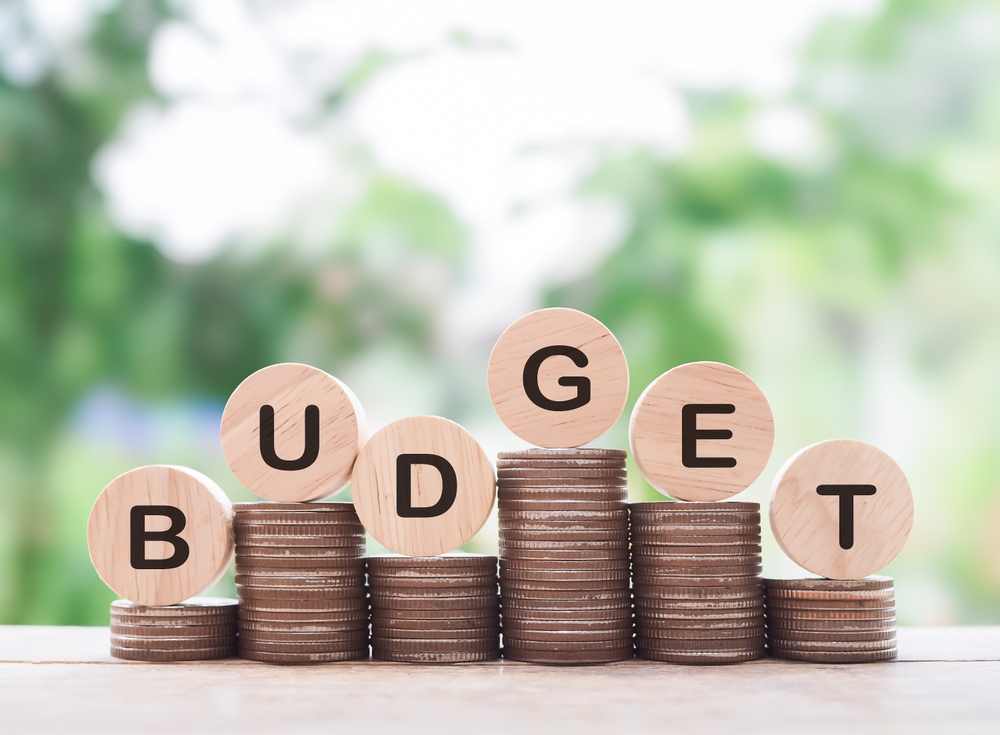Achieving a high income is a significant milestone, but maintaining and growing that wealth requires strategic financial habits. High-income earners often employ specific strategies to ensure their earnings translate into lasting financial security. Here are ten game-changing lessons on saving from those who have mastered their finances.
1. Pay Yourself First

The richest people don’t save what’s left over after spending—they save first and spend what’s left. This principle, known as “paying yourself first,” ensures that saving is a priority, not an afterthought. Automating savings into an investment account, high-yield savings, or retirement fund guarantees that wealth accumulation happens consistently. The key is to treat savings like a non-negotiable bill rather than something optional.
According to a Forbes report, top earners prioritize automatic savings as a key strategy to build long-term wealth. Even if you start with a small percentage, consistently setting aside money compounds over time. The earlier you adopt this mindset, the more financial freedom you’ll have down the road. High earners understand that money saved today turns into opportunities tomorrow.
2. Avoid Lifestyle Inflation

One of the biggest mistakes people make when their income increases is letting their expenses rise right alongside it. High-income earners who stay wealthy avoid lifestyle inflation by keeping their spending in check, even when they can afford more. They don’t fall into the trap of upgrading homes, cars, or luxury items just because they have a bigger paycheck. Instead, they maintain a modest lifestyle and funnel extra income into savings and investments.
A study from the National Bureau of Economic Research published in CNN found that many people earning six figures still live paycheck to paycheck because of excessive spending. The trick is to lock in your savings rate before increasing your lifestyle. If you get a raise, boost your savings and investments first, then decide if you really need that upgrade. The goal isn’t just to make more money—it’s to keep more of it.
3. Use Windfalls Wisely

Bonuses, tax refunds, and unexpected windfalls can either fast-track your wealth or disappear in an instant. The wealthiest individuals don’t splurge on short-term luxuries when they come into extra money—they put it to work. Whether it’s paying off debt, investing in assets, or building an emergency fund, they know that every extra dollar should have a purpose. While a little celebration is fine, the bulk of any windfall should go toward future financial security.
According to CNBC, financially successful people allocate at least 50% of their windfalls to savings and investments to accelerate their wealth-building goals. Instead of letting unexpected money tempt you into unnecessary spending, decide in advance how you’ll handle windfalls. Having a plan—like splitting extra cash between investments, savings, and fun—ensures you’re making the most of every financial opportunity. The key is to make windfalls work for you, not against you.
4. Automate Everything to Remove Temptation

High-income earners don’t rely on willpower alone to save—they use automation to make good financial habits effortless. Setting up automatic transfers into savings and investment accounts ensures that money is consistently put away before they even have a chance to spend it. By treating savings like a scheduled expense, they eliminate the risk of forgetting or feeling tempted to use the money elsewhere. This hands-off approach makes wealth accumulation second nature.
The less effort required to save, the easier it becomes to stick to the habit. Automation removes the need to make a decision every time money comes in, reducing the chances of spending impulsively. Wealthy individuals set up systems that work for them, like auto-investing in index funds or increasing contributions over time. The more you can put your savings on autopilot, the more likely you are to stay on track.
5. Invest More Than You Save

Saving money is important, but high-income earners understand that investing is what truly builds wealth. While traditional savings accounts are great for emergencies, they won’t generate significant long-term growth. The wealthy prioritize investing in stocks, real estate, and businesses that generate passive income. They know that inflation erodes cash savings, but investments compound and grow over time.
This doesn’t mean taking reckless risks—smart investors focus on diversified, long-term strategies. High earners allocate a significant portion of their income to investments rather than letting cash sit idle. Even small, consistent contributions to a well-balanced portfolio can turn into substantial wealth. The key is to start as early as possible and let time and compounding work in your favor.
6. Track Every Dollar—Even When You’re Earning More

High earners might not need to budget, but the opposite is true. The wealthiest people track where their money goes because they know every dollar should have a job. They aren’t afraid to cut unnecessary expenses, negotiate bills, or optimize their spending for maximum efficiency. Even with a high income, they don’t assume they have unlimited money—they make intentional choices.
Having a detailed understanding of cash flow allows them to spot wasteful spending and redirect funds toward financial goals. They use tools like budgeting apps or spreadsheets to ensure they’re on track. Financial success isn’t about how much you make—it’s about how well you manage it. The richest people stay rich because they treat their finances with precision
7. Keep a Cash Reserve for Unexpected Expenses

Even high earners aren’t immune to financial surprises, which is why they always have an emergency fund. Whether it’s a job loss, medical emergency, or economic downturn, having cash reserves prevents them from dipping into investments or racking up debt. They typically keep three to six months’ worth of expenses in a high-yield savings account for easy access. This safety net allows them to navigate financial setbacks without stress.
An emergency fund isn’t just about security—it’s about maintaining control over financial decisions. When you’re not scrambling for money during a crisis, you can make better choices about your next steps. The wealthiest people understand that financial independence isn’t just about making money—it’s about staying prepared. No matter how much you earn, having a buffer is non-negotiable.
8. Cut Unnecessary Fees and Interest Payments

The wealthiest individuals aren’t careless about fees, even if they can afford them. They negotiate credit card interest rates, avoid unnecessary banking fees, and make sure they’re not overpaying for services. Small financial leaks—like overdraft fees, ATM charges, or high-interest debt—add up over time. By being vigilant about cutting out these wasteful expenses, they keep more money in their pockets.
Many high-income earners use rewards credit cards strategically, paying off balances in full each month to avoid interest. They also refinance loans to secure better rates and maximize tax-advantaged accounts. Every dollar saved from fees and interest is a dollar that can be invested or put toward financial goals. Even at high income levels, financial efficiency matters.
This article is for informational purposes only and should not be construed as financial advice. Consult a financial professional before making investment or other financial decisions. The author and publisher make no warranties of any kind.








